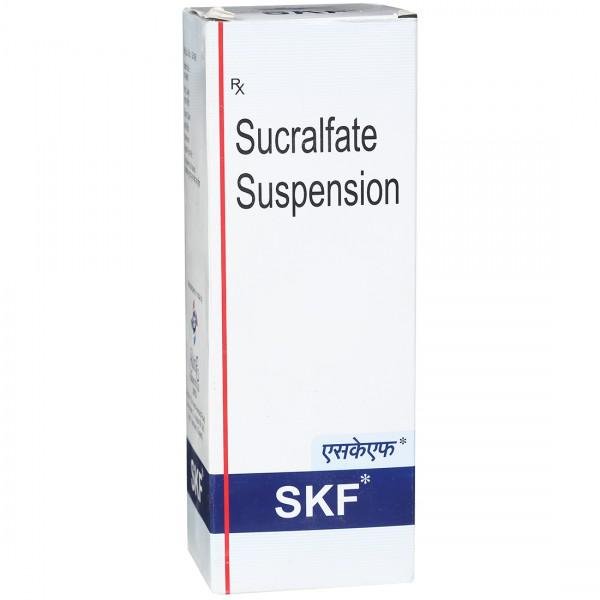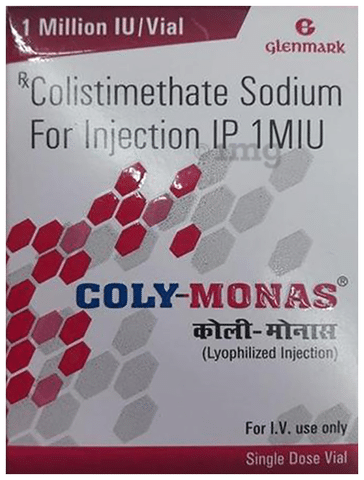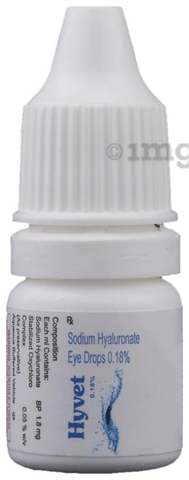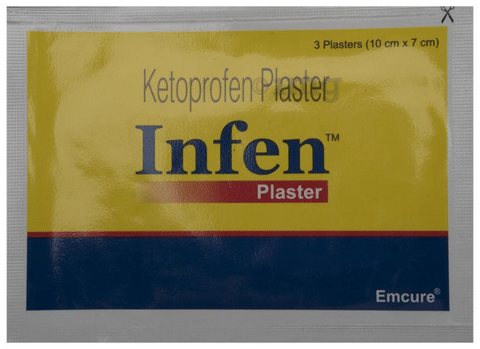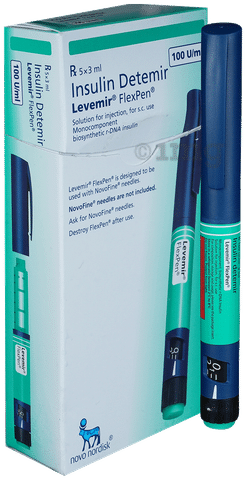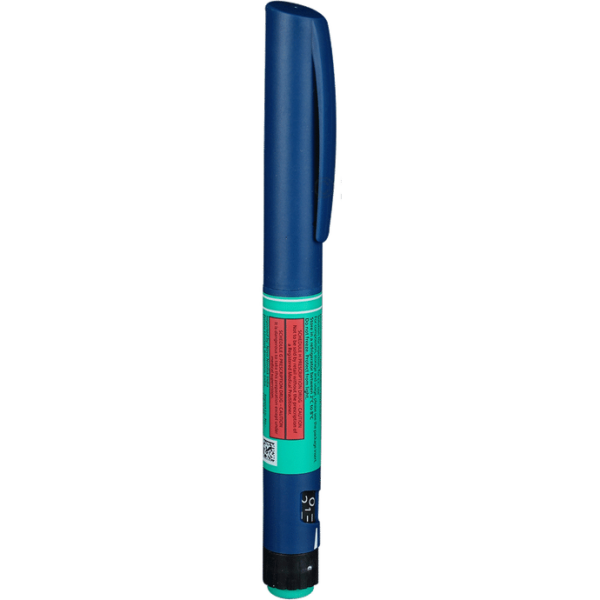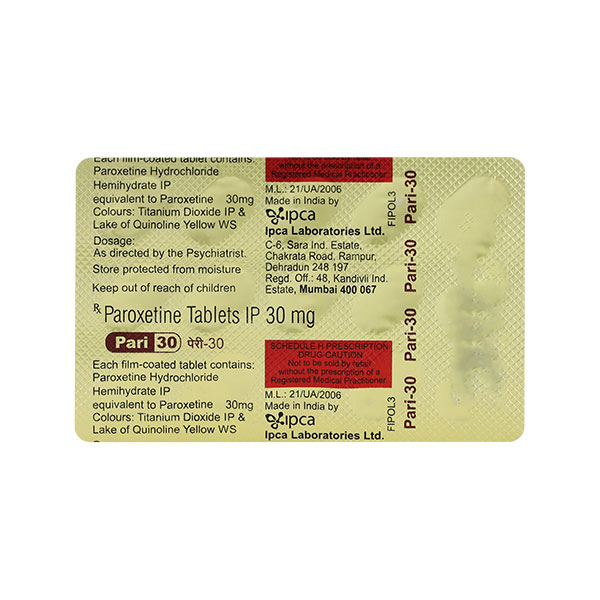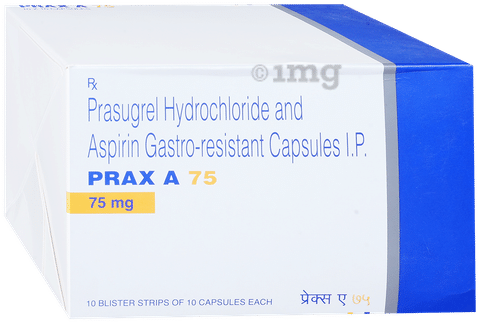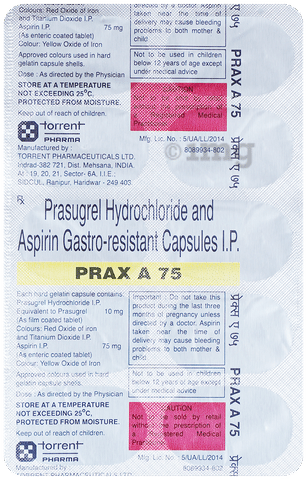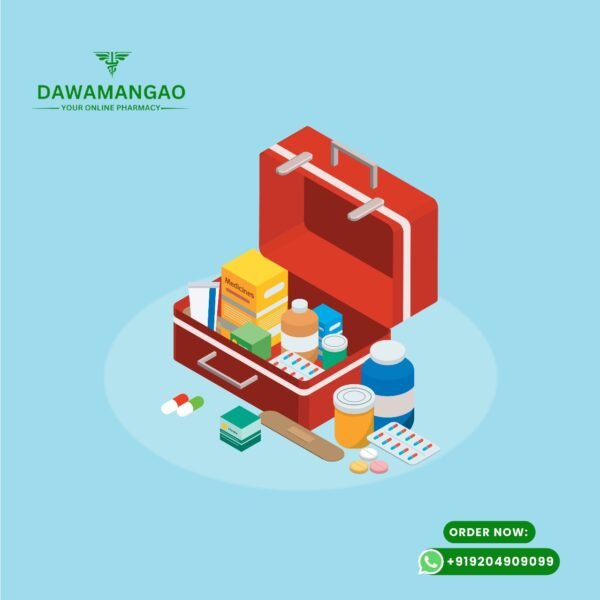Product Introduction
Teleact AM 80/5 mg Tablet 10 is a prescription medication combining Telmisartan (80 mg) and Amlodipine (5 mg). This combination is used to manage high blood pressure (hypertension) and certain types of angina. Telmisartan is an angiotensin II receptor blocker (ARB) that relaxes blood vessels by blocking the action of a substance that causes them to tighten. Amlodipine is a calcium channel blocker that helps to relax the heart muscles and blood vessels. Together, they work synergistically to lower blood pressure and reduce the risk of cardiovascular events.
Uses
Teleact AM 80/5 mg Tablet is indicated for:
- Management of essential hypertension in adults when monotherapy with either Telmisartan or Amlodipine is insufficient.
- Treatment of chronic stable angina and vasospastic angina.
- Reducing the risk of cardiovascular events such as heart attacks and strokes in high-risk patients.
Benefits
- Provides effective blood pressure control by combining two antihypertensive agents.
- Reduces the risk of cardiovascular complications associated with hypertension.
- Improves patient compliance with a single-pill combination therapy.
Composition
- Telmisartan: 80 mg
- Amlodipine: 5 mg
Side Effects
Common side effects may include:
- Dizziness or lightheadedness
- Headache
- Fatigue or tiredness
- Peripheral edema (swelling of ankles or feet)
- Flushing
- Palpitations
- Nausea or abdominal discomfort
These side effects are generally mild and transient. However, if they persist or worsen, consult your healthcare provider.
Safety Advice
- Alcohol: Avoid consumption as it may enhance the blood pressure-lowering effect and increase the risk of side effects like dizziness.
- Pregnancy: Not recommended during pregnancy due to potential harm to the fetus. Consult your doctor before use.
- Breastfeeding: Use with caution; discuss with your healthcare provider.
- Driving: May cause dizziness; avoid driving or operating machinery until you know how the medicine affects you.
- Kidney/Liver: Use with caution in patients with kidney or liver impairment. Regular monitoring may be required.


